Prof. Manoj Kumar Jha, a Member of Parliament from the Rashtriya Janata Dal in the Rajya Sabha, has called for election manifestos to be legally binding for political parties.
What is the demand you made in the House?
The demand I raised today is for election manifestos to be legally binding for political parties, or at least to have some quasi-legal value. I believe that Parliament should take this issue seriously and all political parties should consider it.
Why make this demand?
I used to teach a course on social policy at the University, which included election manifestos. I have observed that over time, political parties no longer place the same value on manifestos as they did in the 1950s and 60s. Parties need to be held accountable for the promises they make. If these promises become legally binding, then the electorate will also have legal recourse if a party fails to keep its promises. Dr. Ram Manohar Lohia once suggested that party symbols should be removed if political parties fail to keep their promises.
What court cases did you refer to in your speech?
In a case filed in 2015, Justices HL Dattu and Amitava Roy refused to entertain a matter related to this subject, stating that there were no legal grounds or provisions in law binding political parties to take responsibility for what they promised in an election manifesto. In 2013, Justices and P Sathasivam heard a similar matter on populism in elections and the validity of election manifestos. This clearly shows that there is a lack of law holding political parties accountable.
Why are manifestos important?
An election manifesto is the most important political document of a political party, outlining their vision and mission. Without it, we see problems in our democracy. It is a party’s vision of what people will receive if they come to power.
How have you seen election manifestos change over the years?
In the past, manifestos would be published a month before elections in the 50s, 60s, and 70s. Now, manifestos are released a day before the first phase of an election, and they don’t even reach the people. They have become so insignificant that there are no television debates or analysis. The content has also changed.
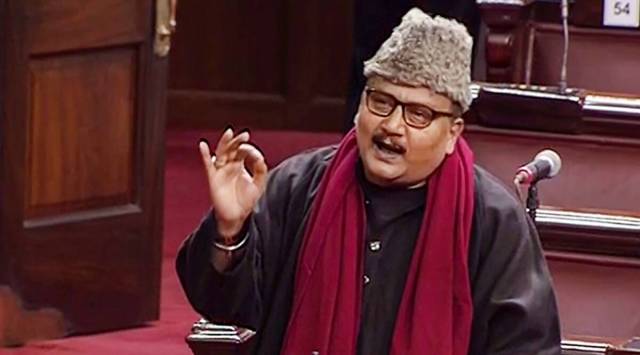


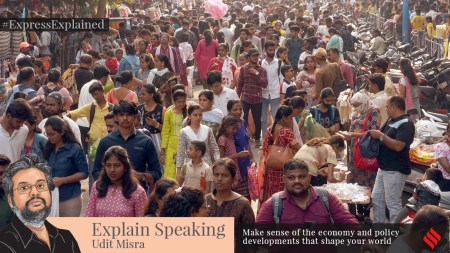





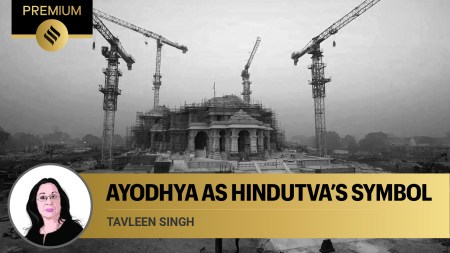
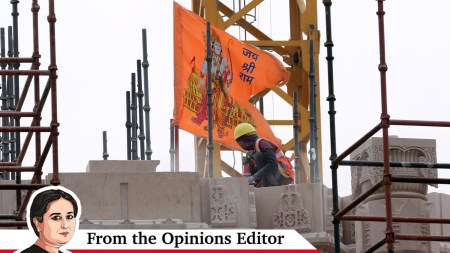

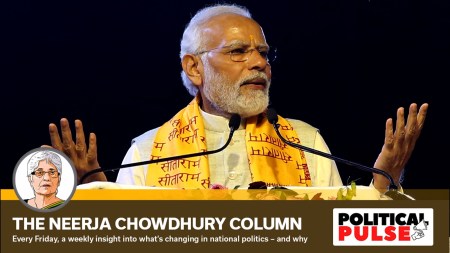



+ There are no comments
Add yours